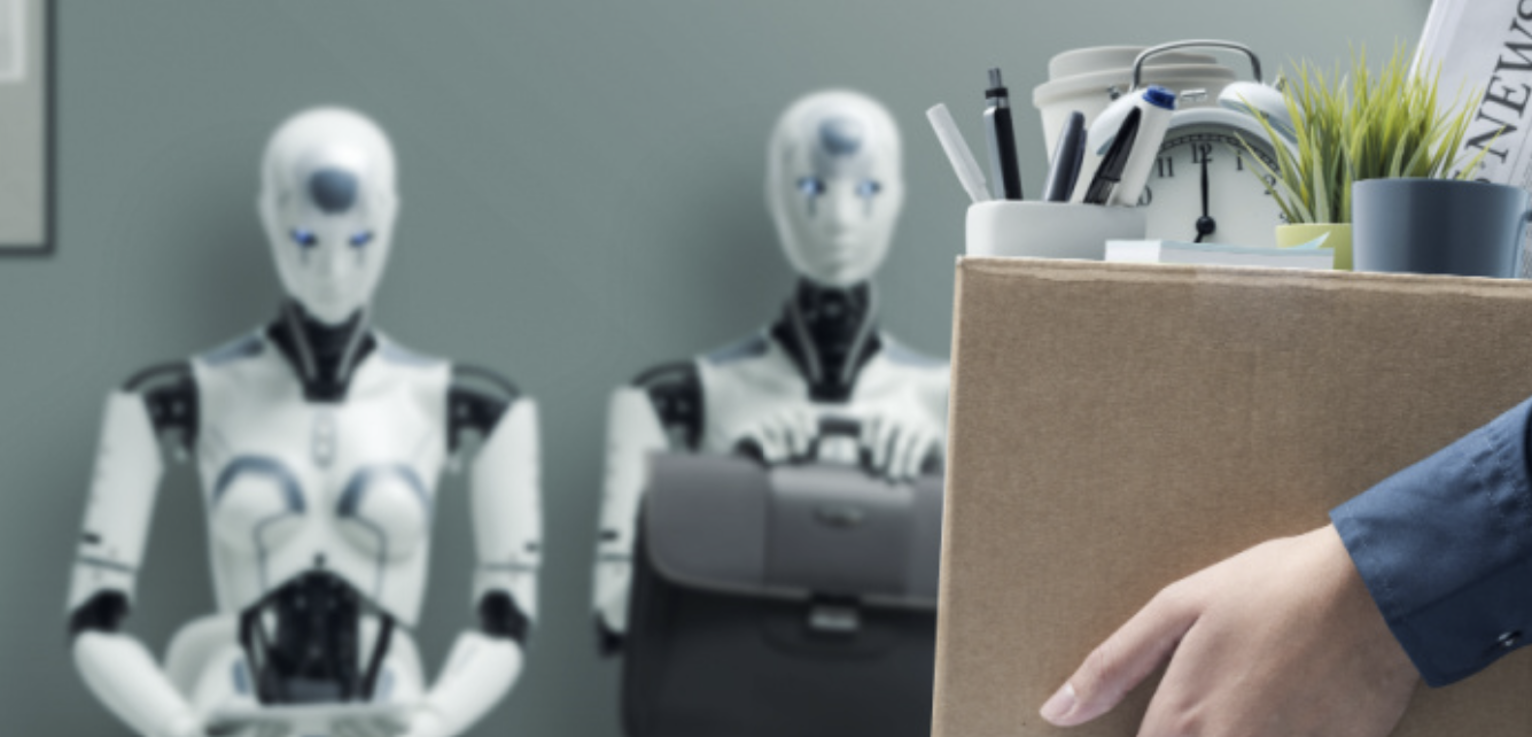Will AI Destroy the Job Market?
A major Wall Street Bank has delivered us a stunning report telling us Artificial intelligence (AI) will replace the equivalent of 300 million full-time jobs.
Has science fiction finally arrived to jostle elbow-to-elbow with the working class?
I believe that report has been manufactured out of hyperbole.
Don’t forget that Wall Street is usually wrong in many of their predictions so take their analysis with a grain of salt.
Many of JP Morgan’s (JPM) top equity analysts have been publically telling us for the whole of 2023 that the stock market will fall to pieces because of an “earnings recession.”
I won’t name names but they couldn’t have been more wrong if they tried.
I do visualize AI taking jobs out of the US economy, but the truth is a lot more nuanced than that.
This report said that AI could replace a quarter of work tasks in the US and Europe but may also mean new jobs and a productivity boom.
And it could eventually increase the total annual value of goods and services produced globally by 7%.
Generative AI, able to create content indistinguishable from human work, is "a major advancement", the report says.
The report notes AI's impact will vary across different sectors - 46% of tasks in administrative and 44% in legal professions could be automated but only 6% in construction and 4% in maintenance, it says.
What ChatGPT does, for example, is allow more people with average writing skills to produce essays and articles which is completely accurate.
However, articles produced with no “voice” or individualism lack authenticity.
So it’s not fair to say that journalists will face more competition, which would drive down wages unless we see a very significant increase in the demand for such work. Funnily enough, journalism is quickly dying in 2023 because of a human element instead of an artificial one as mass journalism has turned into activism that does the bidding of whoever is sponsoring the newspaper.
Consider the introduction of GPS technology and platforms like Uber (UBER). Suddenly, knowing all the streets in London had much less value - and so incumbent drivers experienced large wage cuts in response, of around 10% according to our research.
The result was lower wages, not fewer drivers. However, GPS systems have nothing to do with creating unions which is another human element that AI cannot predict. If Uber drivers around the world could unite through human solidarity and muster up a functional workers union, then Uber would need to pay through the roof for benefits like paid time off, health care insurance, and sick leave.
I am not going to sit out here and talk about AI as if the human element is stripped out of anything AI is related to.
That analysis would be utterly incomplete.
And if generative AI is like previous information-technology advances, the report concludes, it could reduce employment in the near term.
Oddly enough, the jobs largely at risk to AI are white-collared jobs that are repeatable. This type of job stretches the gamut from clerical secretaries to computer programmers and interior designers.
The 300 million jobs estimated to be replaced is not something I agree with wholeheartedly.
A lot needs to go right to get anywhere close to that number.
The more interesting part of the technology is deploying the best parts of it to supercharge existing jobs like economic analysis and stock market prediction.
This is where the Mad Hedge Fund Trader comes in where I might be performing in the future at 500X of what I do now and even though that’s not an official “replacement” job, it would net the economy +500 because of the productivity gains.
Similarly, there will be outsized winners who deploy this technology who will net more than 1,000,000X increased productivity of pre-generative artificial intelligence.
Therefore, this technology is much more interesting at the top end of the job market than the lower end and this phenomenon will certainly supercharge tech stocks that jump into this groundbreaking technology AT THE TOP END.




